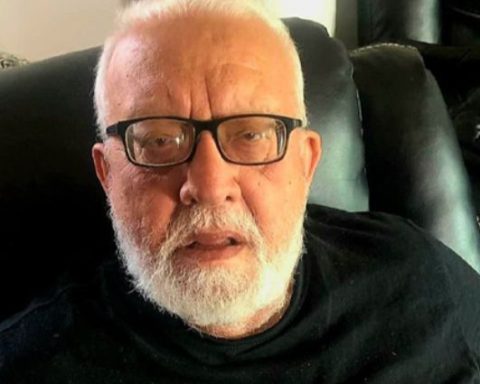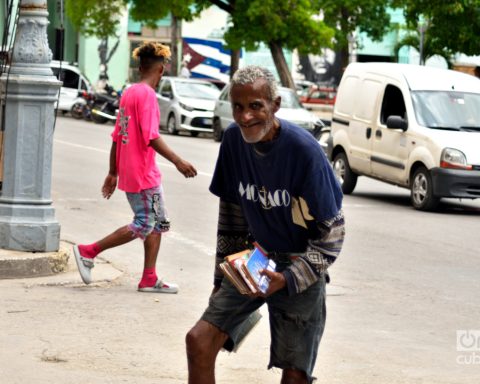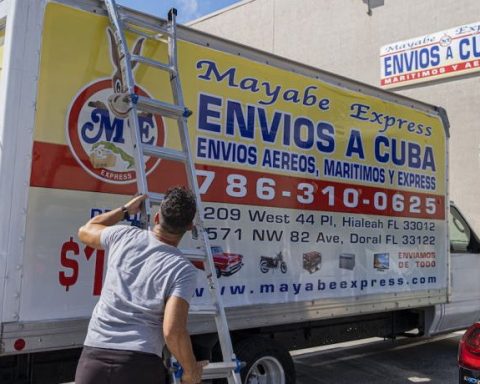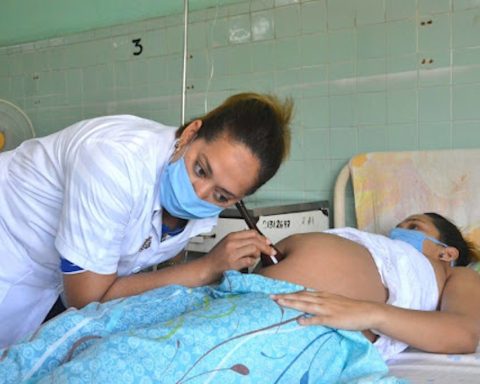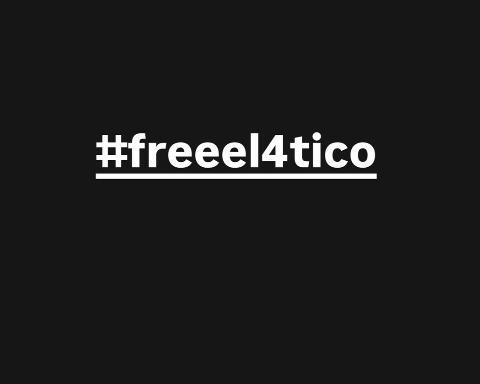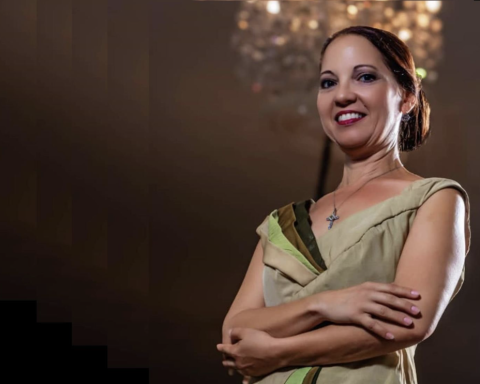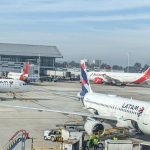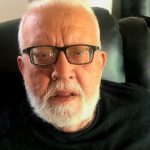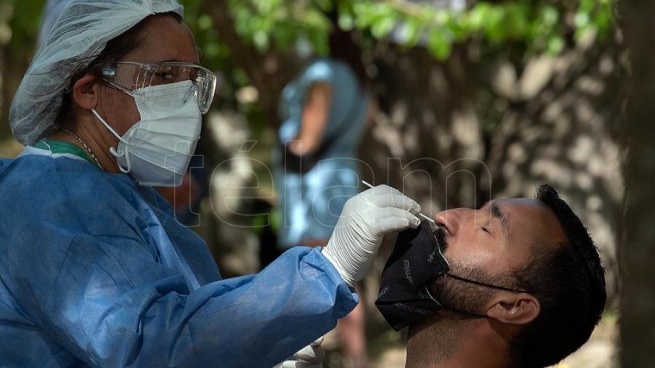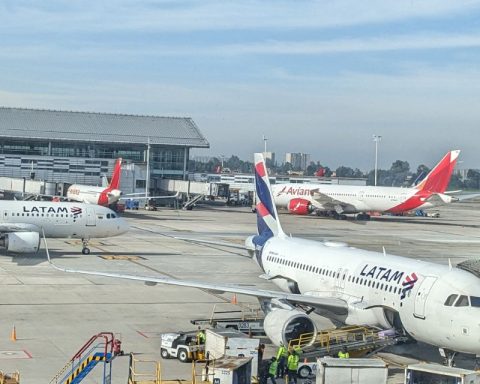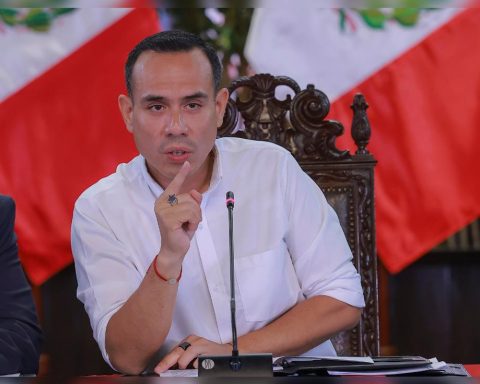The North Carolina newspaper The Herald Sun published a report entitled “To become the doctor she wants to be, the Raleigh native will study medicine in Cuba,” in which she delved into the subject through the story of the young African American Joyce Malanda.
The first resident of that state to go to study medicine on the Caribbean island, Malanda wants to be a doctor who cares for the people southeast of Raleigh (the capital), where she grew up, particularly those who have not received the preventive medicine they need to stay healthy, reviews the newspaper.
She will not be the only American there, “despite the tense relations that have existed for a long time between the United States and Cuba, accentuated by the 60 years of commercial embargo (blockade) (also economic and financial),” the article points out.
More than 200 Americans have graduated from the school, and about 42 are now enrolled, Ajamu Dillahunt, who sits on the board of Interfaith Foundation for Community Organizing-IFCO/Pastors for Peace, told the newspaper.
“You’re able to get unique experiences,” Dillahunt said, referring to the youth being able to train at the center “through a social justice lens, a socially conscious lens.”
He recalled that ELAM was founded in 1999 thanks to an idea by the leader of the Cuban Revolution, Fidel Castro, and that the only commitment of the graduates is to return to their countries of origin to practice medicine in the poor and disadvantaged communities that most love it. they need.
Malanda, who at the age of nine watched her father die without receiving the comprehensive care he needed, says her heart is set on returning to southeast Raleigh.
“There is so much that I want to give back to my community,” the young woman confessed, warning the newspaper that she loves her people and loves serving her community, she even believes that “true activism, and real change, begins within your own community.”
She also believes that low-income women, especially black women, who are disadvantaged from any point of view, “have worse results in terms of maternal and child health” and that is where she wants to focus.
For his part, Dillahunt knows that the attitudes of Americans in general are at odds with hard-line government policies that seek to isolate Cuba.
Graduated from NC Central University in Durham, Dillahunt, like Malanda, call the Cuban leader “Commander in Chief and speak of him with admiration,” the report states.
He lamented that, in his country, blacks in particular, could not study medicine because of how expensive it was, which is why he praised the role of Cuba, which “has long been a friend of the people of the United States and especially of African-Americans.”
This academic program “is continuity of that relationship and of a commitment to humanity,” he concluded.
